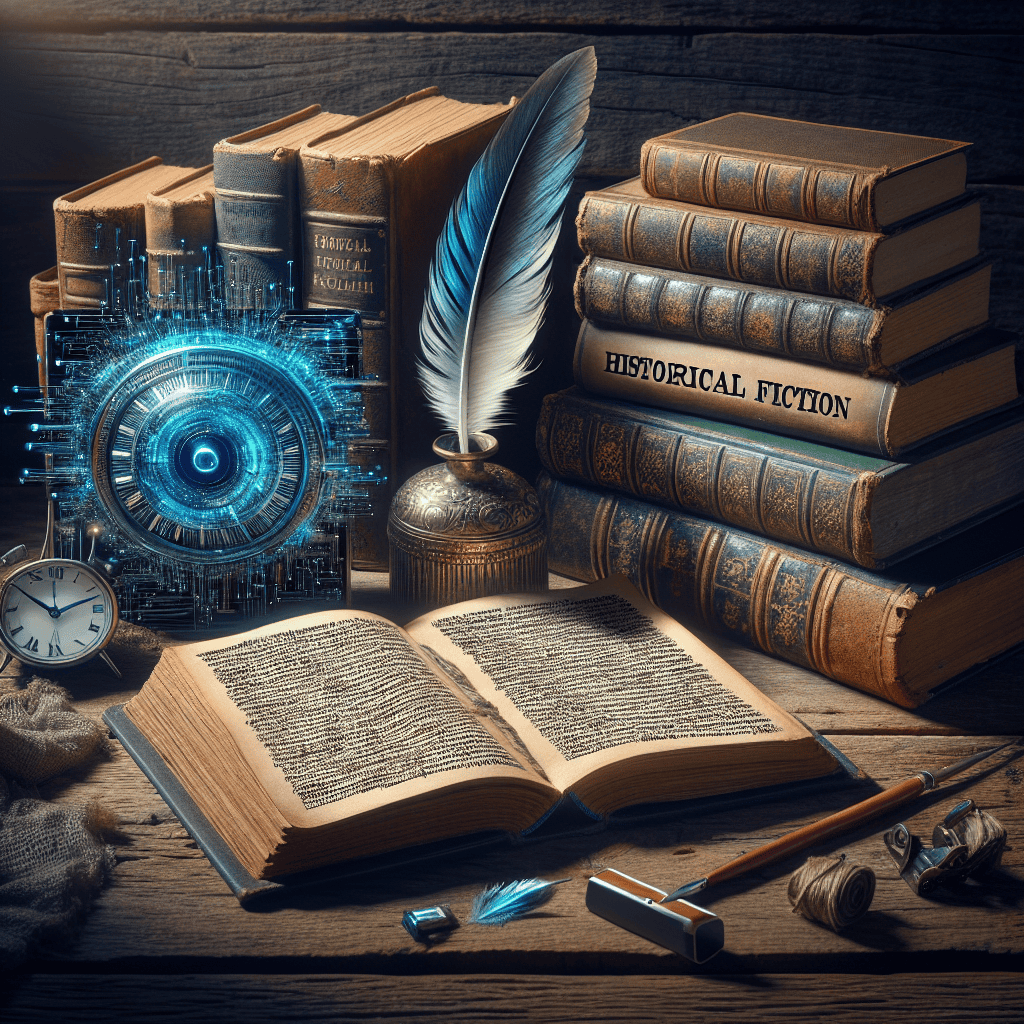Reviewing AI-Generated Historical Fiction Novels
As technology rapidly develops, more industries are turning to artificial intelligence as a means to streamline processes and develop innovative products. One such industry is literature; specifically historical fiction novels written using AI. Although AI’s ability to quickly generate stories makes an appearance here as well, but how well do their quality stack up against those written by human authors?
AI Generated Historical Fiction Novels on the Rise
Recent years have witnessed an increased presence of AI-generated literary works. While historical fiction novels requiring accurate depictions of past events and settings might appear difficult to write using AI techniques, thanks to advances in natural language processing and machine learning AI is now capable of writing engaging historical fiction novels that keep their reader’s attention.
Review Process
When reviewing AI-generated historical fiction novels, one should approach their evaluation with an open mind and evaluate them based on plot development, character portrayals and historical accuracy as well as overall story arc and reader response. Reviewers must take special note to the overall plot threads within each novel while looking out for any sign that something may have gone amiss with its creation or production process.
Revising AI-Generated Novels
After reviewing an AI-generated historical fiction novel carefully, revision may be required in order to enhance its quality and improve its readability. This may involve tweaking plot points, developing characters further or providing additional historical context – while AI may generate stories quickly but may lack depth and complexity like human authors do in their stories.
Impossibilities and Challenges in Revision AI-Generated Novels
Revamping AI-generated novels requires overcoming technological limitations. AI may struggle to grasp complex language structures or historical events, leading to inaccuracies or discrepancies within its novel, while lack of emotional depth may prevent this content from communicating its full impact.
Overall, AI-generated historical fiction novels present both opportunities and challenges to literary world. By adapting this new technology and working to improve its output, writers and publishers can craft engaging tales for readers to enjoy.
